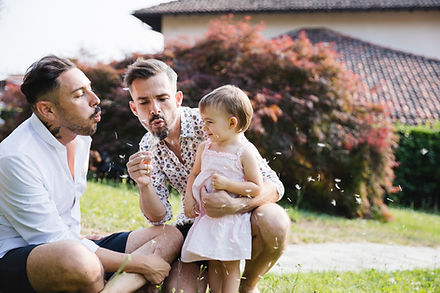What is
Occupational Therapy?

Occupational therapy is the bridge between mental and physical health.
We specialize in promoting well being through daily activities. We can treat people of any age and any diagnosis. We can even support people going through the diagnostic process.
So how do you know if OT is right for you?
If you struggle with everyday tasks, then you may benefit from OT services.
What does an OT session look like?
This varies because treatment is highly individualized. Basically, it looks like specialized activities to help you grow the skills you need!


Examples of conditions occupational therapy can help with:
ADHD
Autism
Amputations
Sensory Processing Disorder
Chronic Pain
Dyslexia
Dyspraxia
Developmental delays
Feeding difficulties
Fine motor skills delays
Fibromialgia
Spinal cord injuries
Stroke

What ages do we treat?
We treat all ages!
Is OT converted by insurance?
Yes, OT is usually covered by insurance.
Learn more about our coverage here.
For older adults, this can involve helping them adapt their home to help them stay in their home as long as possible and helping them continue valued hobbies and roles.
Occupational therapy lives at the intersection of mental and physical healthcare!

OT for Children: What do we work on?
-
Crawling
-
Taking a bottle
-
Walking
-
Transitioning to solid foods
-
Utensil use
-
Sleeping
-
Self Soothing
-
Bonding
-
Play skills
-
Visual tracking
-
Picky eating
-
Sensory seeking
-
Coordination
-
Balance
-
Fine motor skills
-
Handwriting
-
Dressing skills
-
Sleep routines
-
Emotional Regulation
-
Behavior management
What makes us different?
Our Values:
-
We support Neurodiversity.
-
We are committed to Diversity Equity and Inclusion.
-
We believe in client centered care.
Our Parent Support Model:
Often with school-based or outpatient OT services, parents are not part of the therapy process. This limits the effectiveness of services. If a child receives OT 1 hour a week, and there's no carry-over at home, that child is only receiving OT for less than 1% of their week. Our parent support model makes parents an active part of the process and teaches parents how to carry over the techniques we use in therapy at home! We also host support groups for parents.
